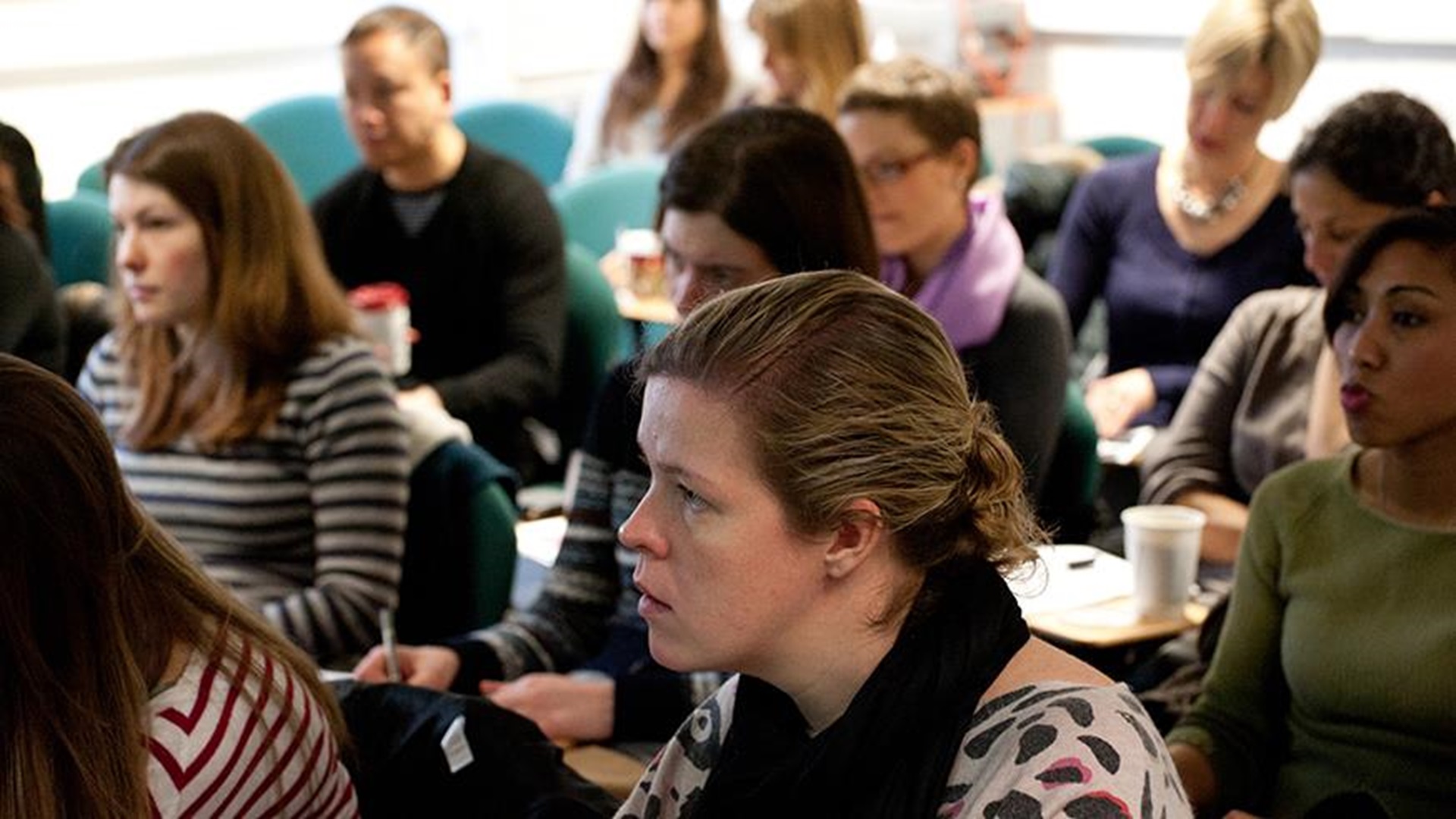Social life
We are committed towards creating a non-limiting and fully inclusive environment for staff and students to achieve their organisational and personal goals and recognise that providing appropriate support to individuals will help us to achieve this.
Sports and social activities
At our Sutton site, there is a small gym which is free to join. There is also the UPS Club (a sports and social club) which has a bar, squash court and large sports hall. It runs a variety of activities, including yoga classes, Pilates, tennis and badminton. Membership of the club is free for students, although there is a small charge for some activities.
There is a Cross Site Social Committee that organises various social activities to encourage staff and students from across the ICR to get to know each other. Past events have included an annual quiz night, a barn dance and a salsa evening.
At our Chelsea site, there is no dedicated gym and sport facilities due to its central London location. However, there is an additional budget for sports nights so that students can try out new activities such as climbing, ice skating, and volleyball.
Student discounts
The National Union of Students (NUS) is a confederation of 400 students’ unions and represents the interests of more than seven million students. As a University of London student you are eligible to apply for TOTUM – which is the new name for the NUS extra card. TOTUM brings you over 200 UK student discounts for a variety of services, including eating out, entertainment, fashion, health and fitness, music and technology, supermarkets, and travel.
If you wish to purchase a TOTUM card, you must speak to the ICR’s NUS co-ordinator who will assist you with the process. See the Student Committee page on Nexus for more details (an ICR login is required to access Nexus).
You are also eligible for student discounts on Oyster and rail travel. See our accommodation and transport webpage for more information.
Student committee
Student committee representatives attend various institute-wide committees, from the Board of Trustees (the equivalent of a university council) through to the Academic Board (which has both taught course and research degree student members) and a range of other groups including the Equality Steering Group and the Public Engagement Forum.
The student committee is run by students, for students.
The student committee is open to all ICR students and operates on both sites.
Our student representatives seek students’ views on issues of concern and identify issues to raise with Faculty and Registry staff.
The committe also organise social activities for research students throughout the year, including:
- a dinner each autumn in Freshers’ week to help the new PhD students settle in;
- tea and cake afternoons which provides further opportunity for PhD students to get to know each other; and
- an annual student conference, focussed on careers advice and personal development, which is followed by a social event.
We are affiliated to the National Union of Students
The ICR considers student involvement to be an essential element in the decision-making process. Student representation is preserved in the ICR's articles of association.
The student committee includes representatives on the ICR's key academic committees, including the Board of Trustees (one student member) and the Academic Board (two student members).
Student liaison committees meet regularly to discuss research degree and taught course business:
- The research degrees student liaison committee is chaired by the student president, with faculty and administrative members, and all members of the student committee are invited. It discusses issues on behalf of research degree students as a whole and issues on which the ICR is keen to hear students’ views at an early stage.
- The taught course student liaison committee meet at least twice a year for much the same purpose. A taught course representative chairs the meeting and the meetings are open to all taught course students.
Student representatives are expected to attend all meetings and put forward a student perspective on items of the agenda.


